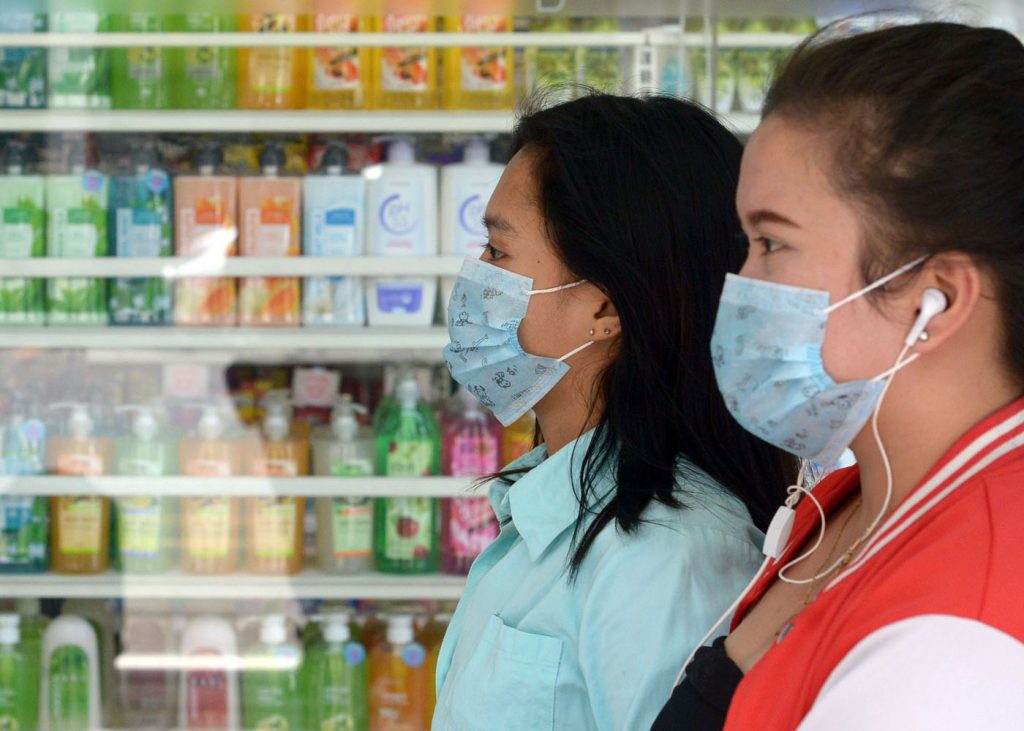 THE PHILIPPINE Society for Microbiology and Infectious Diseases, Inc. (PSMID) reiterated on Monday that wearing face masks is not an effective measure for Monkeypox (Mpox) prevention.
THE PHILIPPINE Society for Microbiology and Infectious Diseases, Inc. (PSMID) reiterated on Monday that wearing face masks is not an effective measure for Monkeypox (Mpox) prevention.
In a Facebook post, the organization stressed that Mpox is not airborne, so mouth protection is unnecessary. The variant found in the Philippines has been classified as Clade 2, not the more recent strain, which is Clade IB.
“Mpox is not known to be transmitted by the airborne route, for example, through the air across rooms, marketplaces, offices, and even inside planes. Hence, compulsory masking in these areas or within the broader community is not necessary,” PSMID stated.
It added that enforcing masks is not a cost-effective measure and won’t prevent the spread of Mpox since the predominant mode of transmission is prolonged contact with the infected person.
This includes close interactions such as kissing, sexual contact, and hugging with intimate partners and household members. Mpox can also spread through respiratory droplets from sick individuals.
Transmission can also occur through coming into contact with surfaces that are contaminated by material used by mpox patients from mpox lesions, such as when sharing towels or bed linens.
“Since Mpox is contagious, individuals with a rash should refrain from exposing other individuals by covering their lesions with clean, avoiding close skin-to-skin contact, and not sharing personal items with other individuals while there is a rash,” PSMID stated.
Individuals with symptoms such as a skin rash should consult healthcare workers for proper assessment and management, and should self-isolate while recovering, it added.
The group said that while there is no proven antiviral drug for Mpox, most patients will improve without this treatment.
But some patients with other medical conditions, such as uncontrolled or untreated HIV or cancer, may develop more severe skin lesions and experience complications that require hospital admission.
“Mpox can be prevented and diagnosed. Everyone is encouraged to be properly informed by reading and listening to reputable sources such as those from the WHO, DOH, and Medical Societies,” the group stressed.
